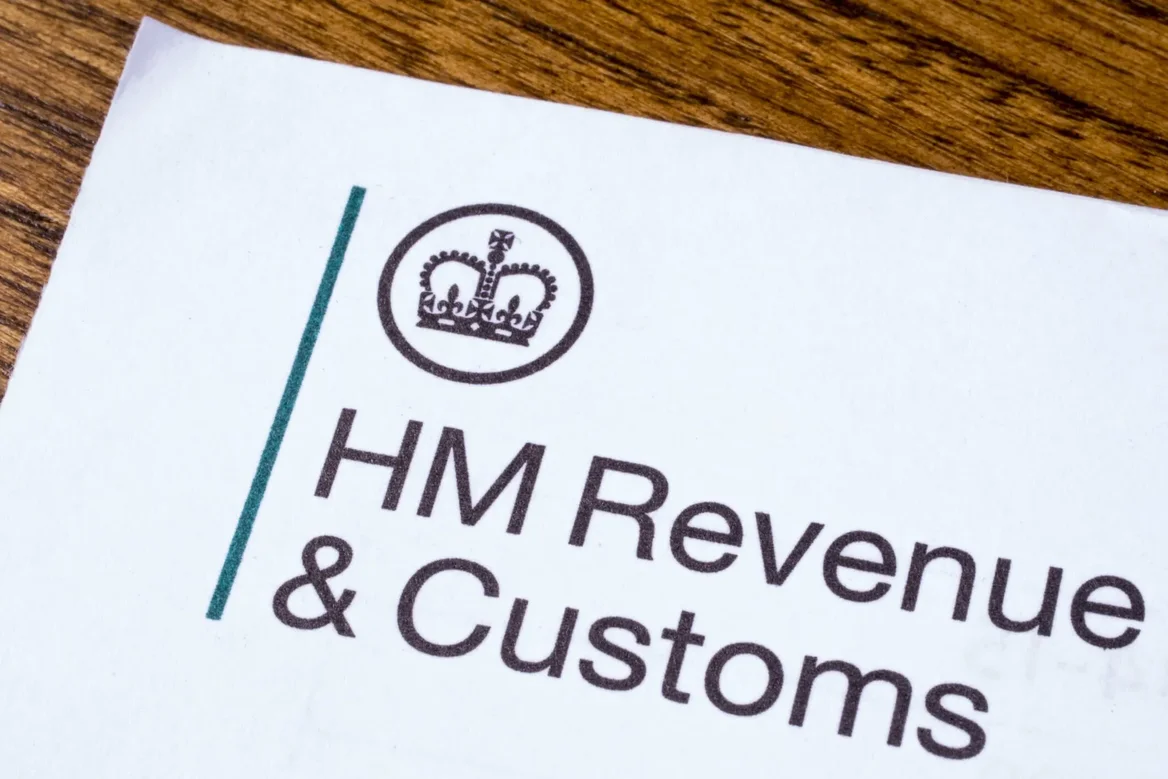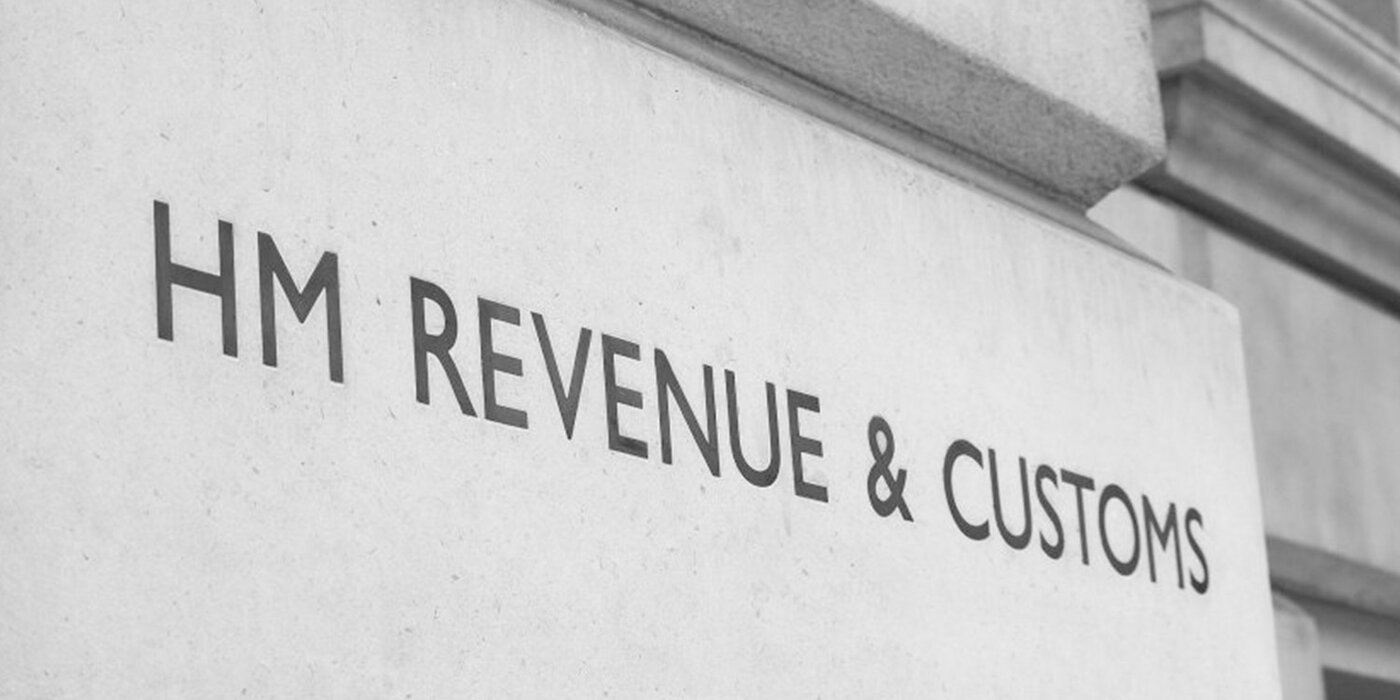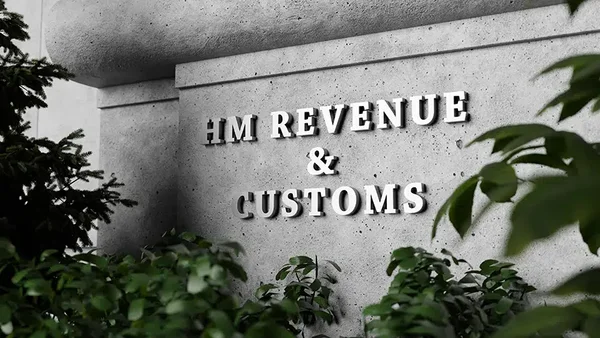Introduction
Her Majesty’s Revenue and Customs (HMRC) has announced plans to add a substantial 6,000 new staff members to its tax compliance workforce in response to growing concerns over tax code mistakes and the mounting scale of the UK’s tax gap. The tax authority’s mass recruitment drive comes as millions of workers risk paying the wrong amount of tax due to ongoing errors, emphasising the urgent need to strengthen compliance and restore public confidence in the taxation system.
Need for Expansion
According to HMRC, the newly created positions will focus on improving tax code accuracy, preventing underpayment and overpayment, and providing better customer service in a system often criticised for its complexity. The campaign follows mounting pressure from both experts and the public to address recurring tax code mix-ups, which have left many UK employees surprised by unexpected tax bills or refunds each year.
Strategic Response
The move is being seen as a significant step to reduce revenue losses, which currently amount to billions annually, and to address long-standing frustrations faced by workers and businesses alike. As the HMRC seeks to modernise and professionalise its operations, experts say this expansion could mark a pivotal shift in the tax authority’s approach to compliance and service delivery.

Rationale Behind the Workforce Increase
The tax authority’s announcement to hire 6,000 new staff follows a series of high-profile tax code mishaps that saw millions of UK workers facing incorrect deductions in their payslips.
According to HMRC reports, common errors arise from changing personal circumstances, multiple jobs, or pensions, leading to confusion over the correct tax code assignment. Taxpayers have frequently voiced frustration over difficulty in contacting HMRC for clarification or correction, sometimes facing long wait times or receiving conflicting advice.
Financial Implications and Goals
The UK’s 'tax gap' the difference between taxes owed and taxes actually collected stood at an estimated £36 billion in the most recent official figures. A substantial portion of this amount is attributed to mistakes or misunderstandings around PAYE tax codes, as well as evasion and avoidance.
Financial experts warn that left unchecked, these errors can lead to significant shortfalls in public revenue, resulting in less funding for essential services such as the NHS and local government. “Every pound lost is a pound not spent on public priorities,” noted tax consultant Rebecca Sanders. HMRC believes that by investing in compliance staff with up-to-date training and digital resources, it can help close this gap.
Operational and Recruitment Aspects
Recruitment for the 6,000 new positions will focus on compliance officers, customer service staff, and digital support teams with experience handling sensitive tax queries. These roles are being advertised nationwide, with the aim of boosting both regional and central support for taxpayers.
HMRC has outlined plans to provide comprehensive training for all new staff, particularly in using updated digital tools and software that can proactively flag anomalies in taxpayers’ records. Interviews, assessments, and induction processes are expected to run over the coming months, with a target to have the first intake operational before the end of 2025.

Final Summary
Pie the UK’s independent hub for smart tax insights breaks down HMRC’s latest move to tackle the tax gap.
In summary, HMRC’s plan to hire 6,000 new tax compliance staff in 2025 is a major response to growing concerns over tax code mistakes and the multi-billion-pound tax gap. With millions of UK workers at risk of paying incorrect amounts each year, this initiative aims to enhance accuracy, speed up customer service, and safeguard public revenues.
The recruitment drive is welcomed by many, but observers warn that systemic improvements in both technology and processes are also required to achieve long-term solutions. As HMRC begins onboarding its new recruits, taxpayers and employers alike will be watching closely to see whether this investment will translate into a fairer, more efficient tax system for all.











